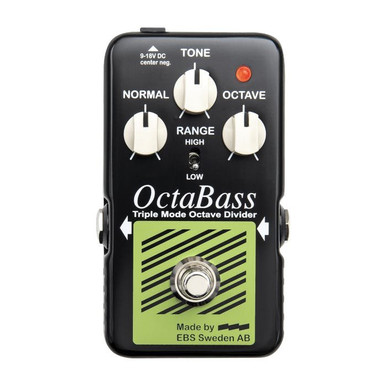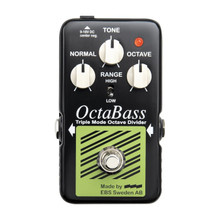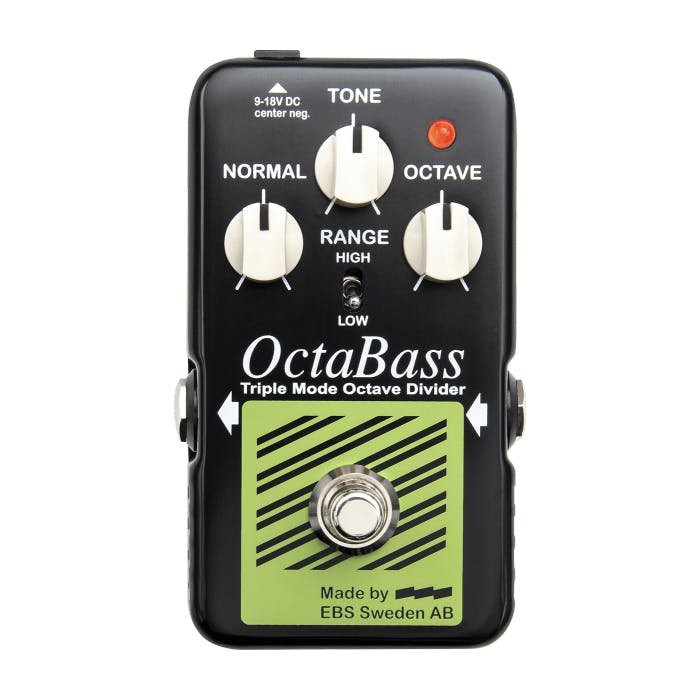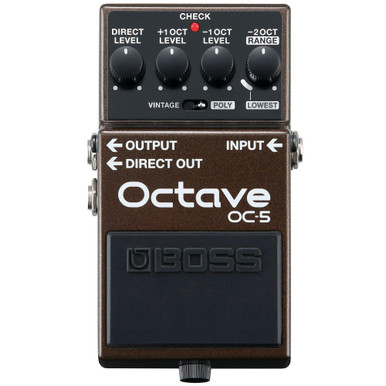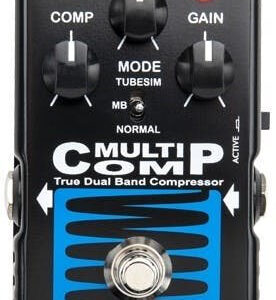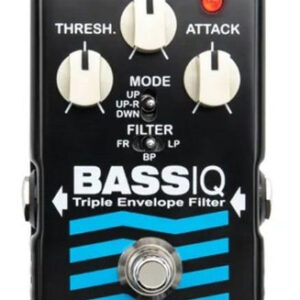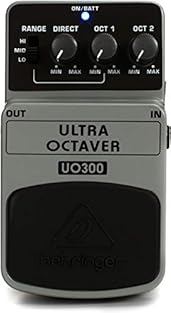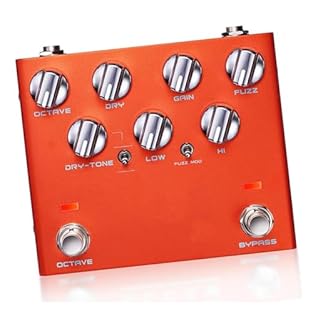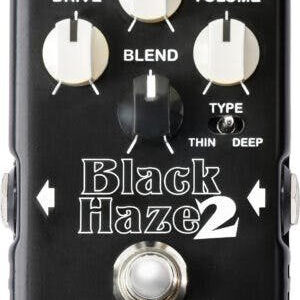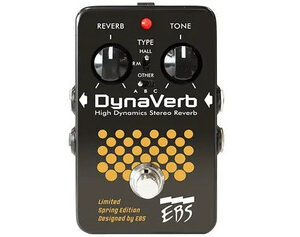Description
Fresh on the menu for 2026 are the EBS Guitar Pedals, freshly added and carefully selected. These New units are available to order online with fast, secure delivery from trusted UK retailers. Read on for full details, specifications, demos, videos, reviews, and the best places to buy the EBS Guitar Pedals today.
The EBS OctaBass was the first effect unit ever made by EBS. Known for its lightning-quick tracking and naturally fat tone, it offered a single octave drop and a set of simple controls. The Blue Label version adds new features and a streamlined interface — maximum sound, minimum fuss!
Key Features
- Preserve the low range
- Suitable for live and studio use
- High or low optimized fretboard tracking-range
- Controls for Normal and Octave volume
- Seamless Tone control for octave
- Can be powered with 9-18V DC
Improved Tracking
A range switch lets you change the pedal’s tracking focus from lower in your bass range to higher. This ensures ultra-precise tracking, unprecedented for an all-analogue pedal at this price-point.
Enhanced Tone Control
By adding a seamless tone control you can go from a present, focused octave sound that cuts through the mix all the way to a sub-bass backdrop of lows that discreetly supports the note you play. The tone control enhances the palette of sounds and also makes it easier to achieve a synthesized bass sound.
Specifications
- Nominal Input Level: -10 dBv
- Input Impedance: 1.8 Mohms
- Output Impedance: 100 ohms
- Dry Bandwidth +0/-2 dB: 20 – 20k Hz
- Dry Level min/max: -oo / 0 dB
- Octaver Level Gain min/max: -oo / 12 dB min
- Octaver Tone Filter: Low Pass, Slope >18 dB/octave, Range 60 – 350 Hz
- Triggering Threshold: -70 dBv @200 Hz
- Dimensions: W x H x D 2.6” x 4.5” x 1.9”
- (67 x 115 x 48 mm)
- Weight: 315g (0.7 lb.)
- Type: Analog Effect, Relay type Switching
- Power Requirements: 9, 12 or 18 V DC, 40 mA max. Pedal shuts off below 6.0 V
